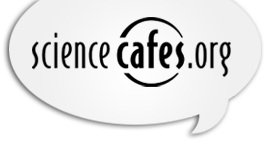The LRSM, through the NSF-supported Penn MRSEC, continues a series of Science Cafés that began in 2011 to promote NOVA’s four part TV series on materials, ‘Making Stuff with David Pogue,’ on public television. The Science Cafés, which are science talks for laymen about materials-related topic of current interest, will take place at 7:30 pm at Stoney’s British Pub, 3007 Concord Pike, Wilmington DE and The Black Sheep Pub, 247 S. 17th Street, Philadelphia, PA 19103, at 6:00 pm.
These programs are free and anyone who is interested is invited to attend. No purchase is necessary.
For further information contact:
Andrew R. McGhie at
215-898-6461
mcghie@lrsm.upenn.edu
Current Schedule
Stoney's British Pub
3007 Concord Pike
Wilmington, DE
7:30pm
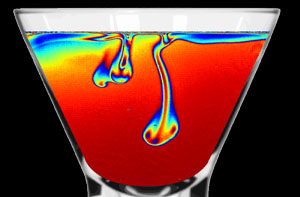 Arnold Mathijssen
Arnold MathijssenUniversity of Pennsylvania
“Fizzics of Pints and Bubbly Drinks”
Ale, pilsner, or nitro? Chardonnay or Champagne? Dissolved gases completely change our sensory experience due to a cascade of intertwined chemical and physical properties. Moreover, innovations in fluid mechanics are leading to better food since ancient history, while creativity in cooking inspires applied and fundamental science. In this talk, I will discuss how recent advances in hydrodynamics are changing food science, and how the surprising phenomena that arise in the kitchen lead to discoveries and technologies across the disciplines. Come join us!
Stoney's British Pub
3007 Concord Pike
Wilmington, DE
7:30pm
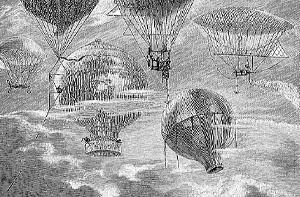 Alexander Ng
Alexander NgHydropore Technologies
“Hydrogen: The Fuel of the Future”
Over 150 years ago, the science fiction author Jules Verne suggested that water and the hydrogen (H2) contained within it, would one day replace coal as the world’s inexhaustible power source. Today, H2 is recognized as a clean energy carrier with high gravimetric energy density (4x that of coal). But, one and a half centuries after Jules Verne’s grand vision, the broad adoption of clean H2 remains limited, partly due to the challenges of storing and moving H2 gas. However, there are companies that are working to overcome these challenges that hinder Jules Verne’s vision from becoming a reality. In this Science Café, we will look into the promise of hydrogen as a fuel, discuss its challenges and advantages, and get a glimpse of the players in the market who are working to make hydrogen the fuel of the future.
Stoney's British Pub
3007 Concord Pike
Wilmington, DE
7:30pm
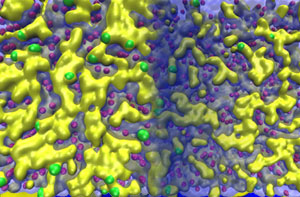 William F. Drayer
William F. DrayerUniversity of Pennsylvania
“Measuring Water We Can’t See: experimental & simulated X-ray scattering on a precise polymer electrolyte”
Practical devices, like batteries and fuel cells, use ionic polymer membranes that are typically fluorinated, a canonical example of which is Nafion. These membranes uptake water and have nanoscopic water channels which are key to their ionic conductivity. Fluorinated polymers currently set the benchmark for device performance; however, perfluorinated chemicals have attracted particular attention as a persistent environmental hazard. Our research investigates precise, fluorine-free polymer electrolytes that demonstrate similar nanoscopic water domains. The work I present here will demonstrate how we experimentally verify and quantify these water channels, and how computational methods enhance our understanding of materials with nanoscopic features.
Stoney's British Pub
3007 Concord Pike
Wilmington, DE
7:30pm
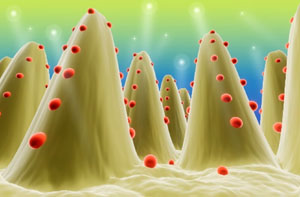 Shreyas S. Pathreeker
Shreyas S. PathreekerUniversity of Pennsylvania
“Using Light Beams to ‘Write’ Polymer Composites for Waterproofing and Battery Applications”
There has been significant interest in synthetically mimicking Mother Nature’s way of making functional materials using structural motifs like pillars, bumps, and patterns (e.g., insect eyes, Lotus leaves, etc.). However, most of these synthetic methods have drawbacks that limit their scalability. In this talk, I will introduce a unique method known as light–based–‘writing’ of polymer composites, which is more amenable to scale–up. I will first discuss the principle that underpins this optical process. Next, I will show that judiciously leveraging thermodynamics and kinetics allows control over nanoparticle location and structure, which ultimately dictate material function. Finally, I will conclude by discussing some exemplary materials created using this light–based process, with application in waterproof surfaces, batteries, and stimuli–responsiveness.
Stoney's British Pub
3007 Concord Pike
Wilmington, DE
7:30pm
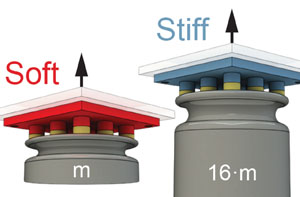 Kevin T. Turner
Kevin T. TurnerUniversity of Pennsylvania
“Materials with Dynamically Tunable Mechanical Properties: Switching Stiffness and Adhesion on Demand”
Typically, we think about the mechanical properties of materials, such as stiffness, strength, and adhesion, as static properties that can only be changed by choosing a different material. If you need a material that is stiff, you might choose a metal or ceramic. If you need a material that is soft, you might select a foam or a rubber. However, in some applications, new functionality can be enabled by materials with mechanical properties that change in response to a stimulus, such as an electrical signal. In this Science Café, we will look at how we can engineer materials with dynamically tunable stiffness and switchable adhesion, as well as applications of these materials in fields such as robotics and wearable medical devices.
Stoney's British Pub
3007 Concord Pike
Wilmington, DE
7:30pm
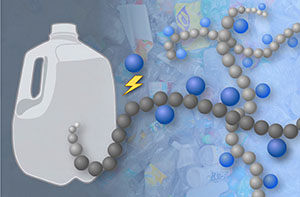 Eli Fastow
Eli FastowUniversity of Pennsylvania
“Plastic Recycling by Chemical Transformation: Unexpected Properties from Waste”
Though plastics (a subset of polymers) are essential for modern life, managing their waste remains an unsolved technical challenge. Polymer-to-polymer transformations promise to impart new properties into plastic waste. These transformations can also generate polymer molecules unachievable by conventional methods of plastic production. This would not only increase the value of recycled plastic, but also unlock a non-fossil fuel feedstock for specialty plastics already critical to the economy. We transform polyolefins (the largest category of plastics in the economy) to generate new materials with molecular architectures and properties otherwise inaccessible by conventional means of plastic production. Ultimately, we envision this approach as an instrument in the toolkit to manage plastic waste responsibly.
Stoney's British Pub
3007 Concord Pike
Wilmington, DE
7:30pm
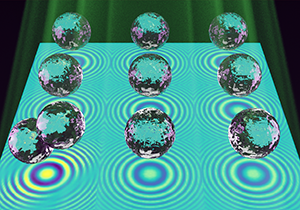 Lauren Altman
Lauren AltmanUniversity of Pennsylvania
“Holographic Microscopy: Using Lasers to Study the Microscopic World”
From bacterial infections to microplastics, understanding the forces at play in the microscopic realm is crucial for advancements in many scientific fields. With microscopes, we can image these tiny particles that are too small to see with the human eye, but there is still a wealth of useful information that gets lost. Holography is a technique that uses laser light to resolve that high-dimensional information, allowing us to track the dynamics and properties of these particles with high precision in real time. This powerful technique can be utilized for practical applications like diagnostic tests and water quality monitoring, but also to answer fundamental questions about the nature of hydrodynamic interactions and fluid flows at the micro scale.
Stoney's British Pub
3007 Concord Pike
Wilmington, DE
7:30pm
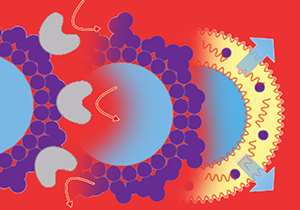 Daniel A. Hammer
Daniel A. HammerUniversity of Pennsylvania
“Enzymes are Catalysts That Can Make Particles Move”
Catalysts are materials that make reactions go faster, and are neither created or destroyed. The best everyday example of a catalyst is the metal in your catalytic converter. Biology and life itself depend on a whole host of catalysts which make reactions go faster. Surprisingly, when enzymes convert substrates to products, they generate little forces. However, by combining many enzymes, one can generate big forces and actually move particles in solution. We show how we can use microfluidic assembly to make specialized capsules the size of biological cells, and move them in solution using urea, a waste product found in urine. We discuss future possibilities for making particles move around with many different enzymes.
Past Programs
2023 - 2024 | 2022 - 2023 | 2019 - 2020 | 2018 - 2019 | 2017 - 2018 | 2016 - 2017 | 2015 - 2016 | 2014 - 2015 | 2013 - 2014 | 2012 - 2013 | 2011 - 2012 | 2010 - 2011

Check out some past lectures on our Video Channel

